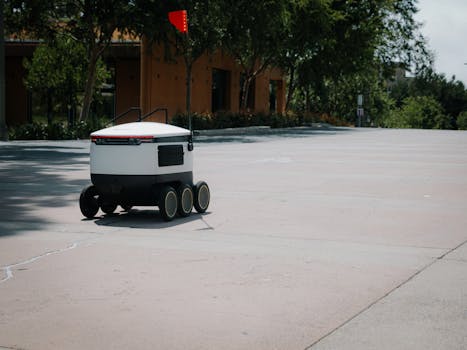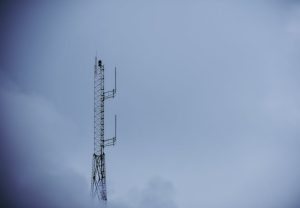
The Future of Satellites: Advancements and Opportunities
The future of satellites is rapidly evolving, with new technologies and innovations emerging every day. From improved communications to enhanced navigation, the possibilities are endless. The use of satellites has become an integral part of our daily lives, and their impact will only continue to grow in the coming years.
One of the most significant advancements in satellite technology is the development of small satellites, also known as CubeSats. These tiny satellites are approximately the size of a shoebox and weigh less than 3 pounds, making them much cheaper to launch and operate than traditional satellites. CubeSats have opened up new opportunities for research, education, and commercial applications, and have paved the way for a new generation of satellite developers.
Another area of advancement in satellite technology is the use of satellite constellations. A satellite constellation is a group of satellites that work together to provide global coverage and continuous service. Satellite constellations have the potential to revolutionize the way we communicate, navigate, and monitor the environment. Companies such as SpaceX and OneWeb are already working on launching constellations of thousands of satellites to provide high-speed internet access to every corner of the globe.
In addition to advancements in satellite technology, there are also new opportunities emerging for the use of satellites in various fields. For example, satellites are being used to monitor climate change, track natural disasters, and predict weather patterns. Satellites are also being used to improve navigation, with the development of new satellite-based navigation systems such as the European Union’s Galileo system.
However, the future of satellites also poses some challenges. One of the main concerns is the growing problem of space debris, which can pose a significant threat to the operation of satellites. There is also a need for more sustainable and environmentally-friendly launch systems, as well as more effective ways to manage the increasing amount of satellite traffic. Despite these challenges, the future of satellites looks bright, with new technologies and innovations emerging every day.



